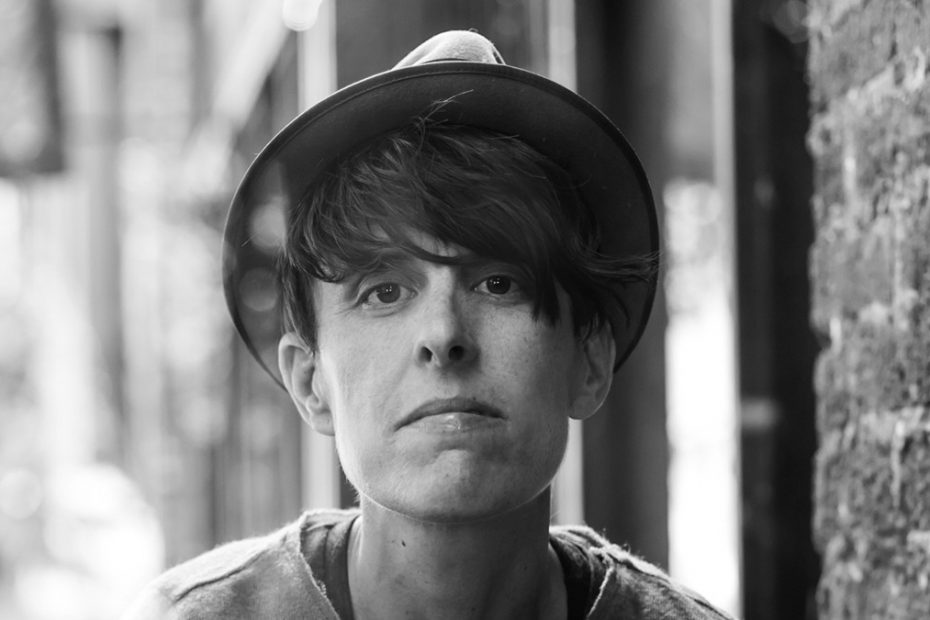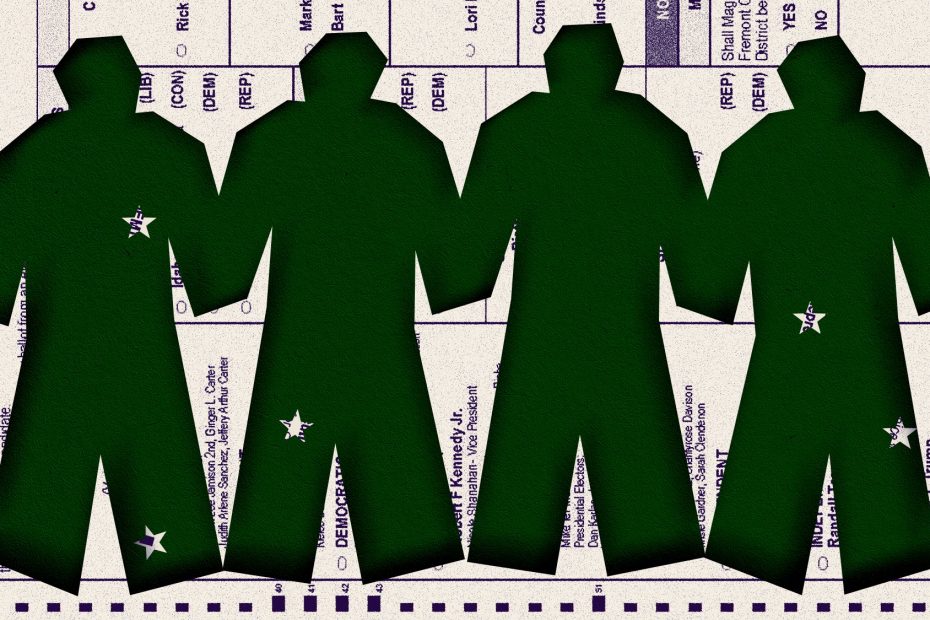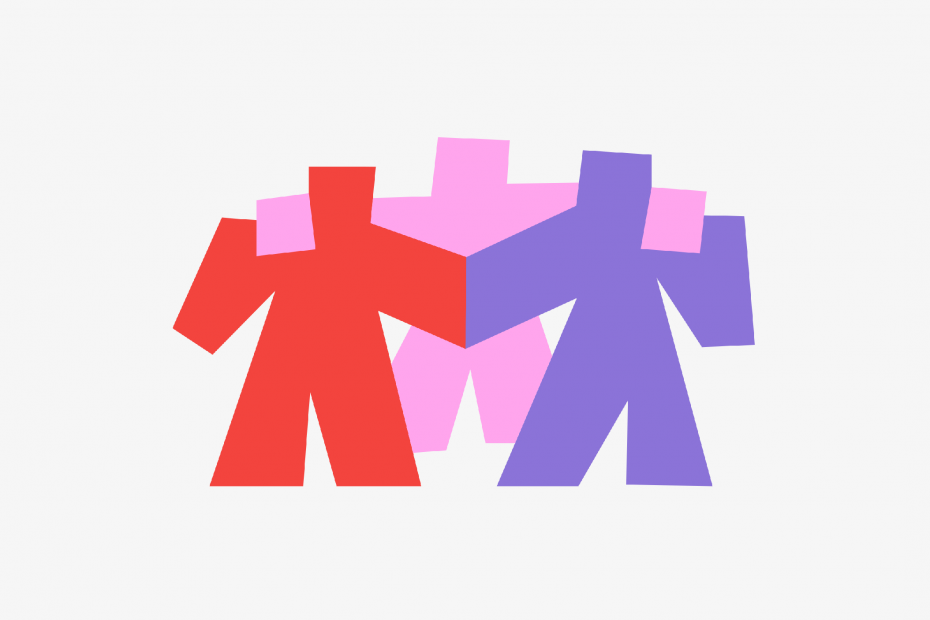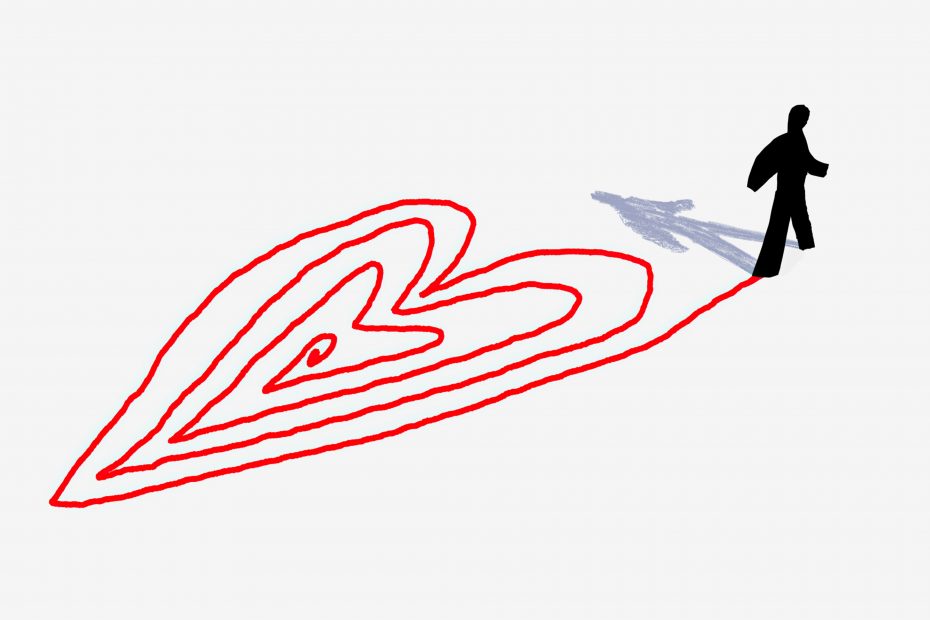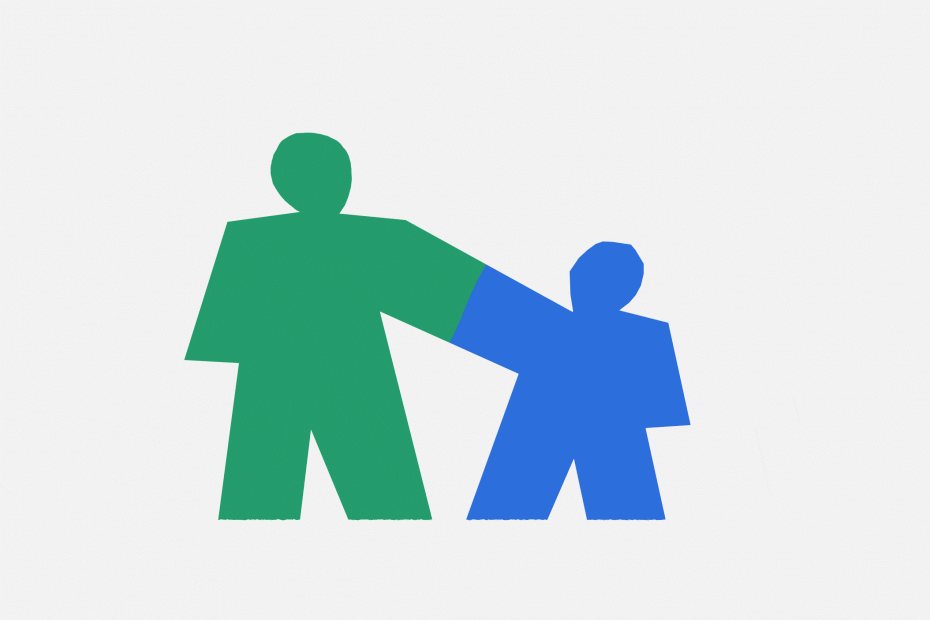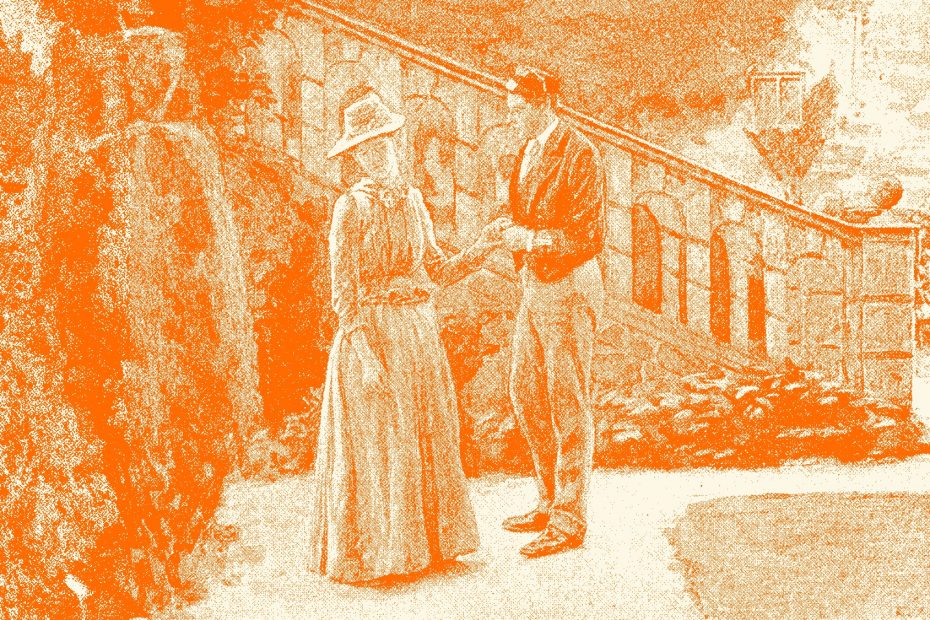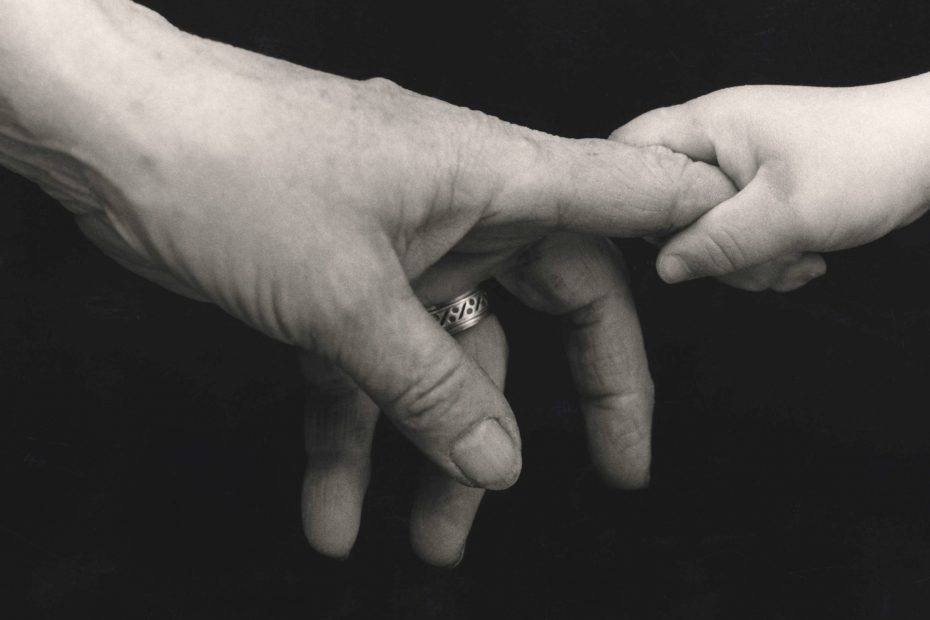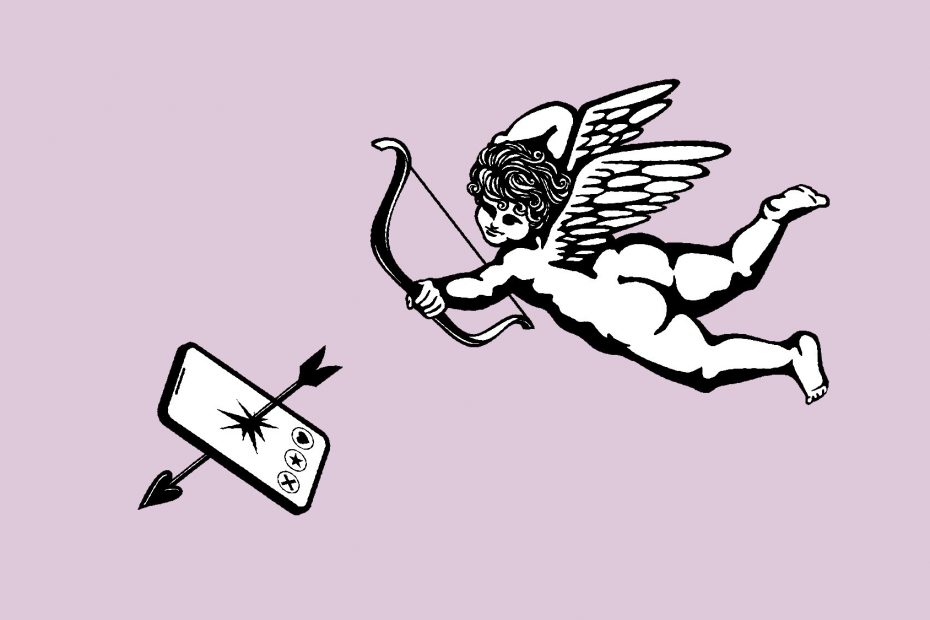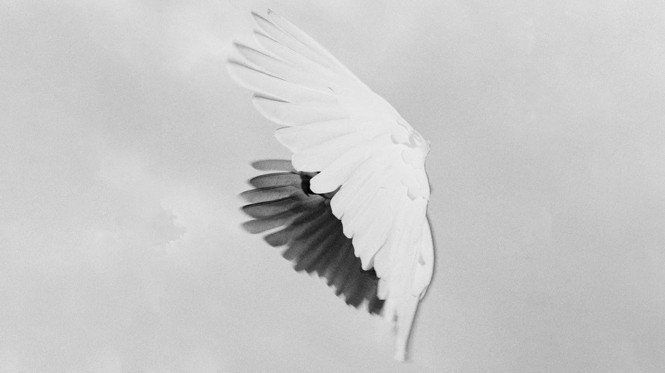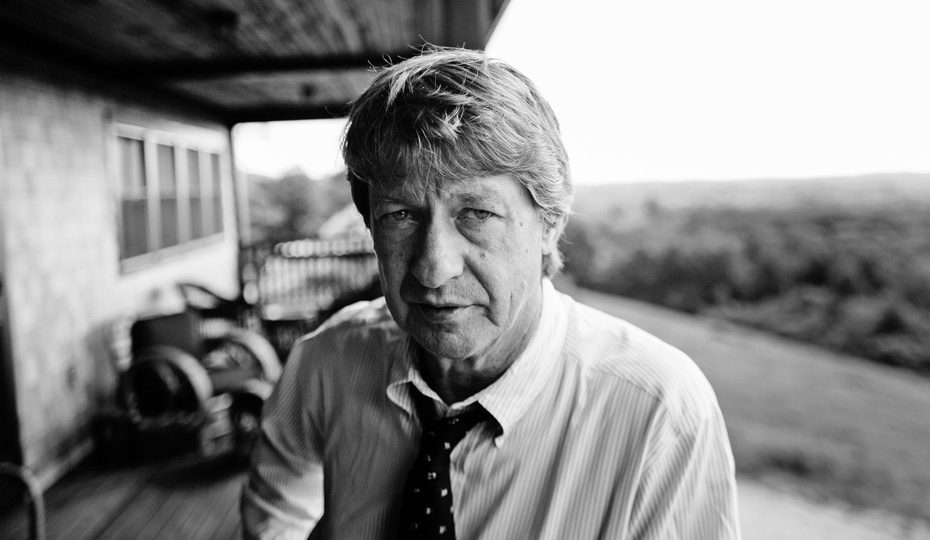Andrea Gibson Refused to ‘Battle’ Cancer
When the poet Andrea Gibson learned two years ago that their ovarian cancer was incurable, the news marked a turning point; Gibson would often say it led to some of the most joyous moments of their life.
Before the terminal prognosis, they were always afraid. They had severe anxiety and chronic panic attacks; they were petrified of the ocean; they couldn’t bring themselves to eat nuts on a plane, in case they turned out to have developed a new allergy and might suffocate in flight.

